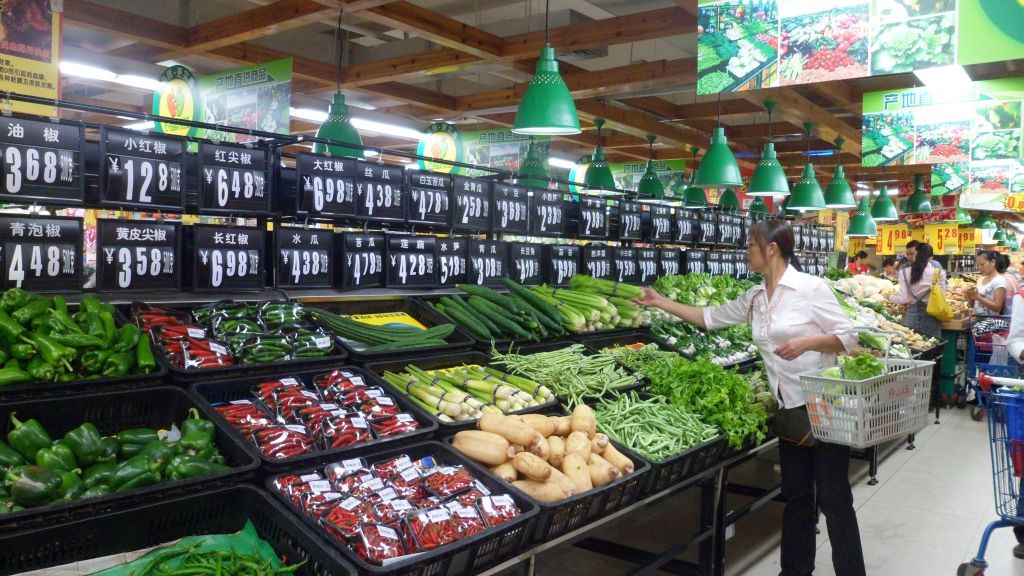Why China’s fruit supply outstrips demand
Chinese producers are being encouraged to open up foreign markets to shift the excess of fruit production the country is seeing. Another cause of the imbalance is information asymmetry.
Most fruit producers in China are small-scale farmers, who sell their products to intermediaries. This leads to a time lag before information is fed back to producers, meaning they cannot respond to quickly to changing market conditions. Also, as fruit has a determined production cycle, wherein the period from planting to harvest can be as long as ten years, the paramount need for farmers to make decisions apprised of detailed information relating to market conditions is evident. It has been suggested that the Chinese Government and producers’ associations need to take the initiative in overall planning and be forward-looking.
Another issue which Chinese farmers face is the competition from overseas production. Chinese consumers are increasingly demanding high-quality fruits now that they have tasted Australian mango, New Zealand cherries, and Canadian blueberries. Likewise, they demand higher levels of food safety, healthiness and taste. Therefore, it is clear that Chinese fruit production is going to have to develop both technically and commercially if it is to overcome the current lethargy in demand for its products.



